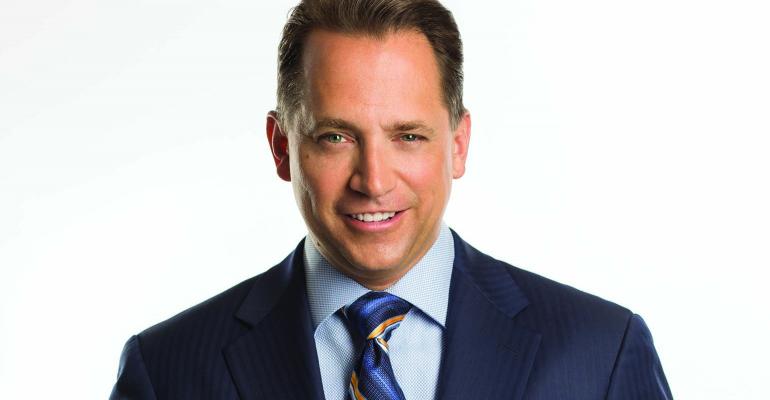Under current rules, brokerage firms are required to supervise the outside business activities of their registered representatives—investment-related or not. But earlier this year, FINRA proposed changes to these rules, eliminating some supervision requirements for reps’ OBAs, including recordkeeping responsibilities, in an effort to “reduce unnecessary burdens,” FINRA said.
A new report released Thursday by the Public Investors Arbitration Bar Association argues that investors would face a major uptick in investment scams, such as selling away, if FINRA passes these new rules. Rogue brokers, PIABA argues, would be free to run investment schemes through their outside activities, with no brokerage supervision.
“FINRA is currently contemplating the evisceration of crucial protections that have been in place for decades to safeguard investors against investment schemes by brokerage firms’ registered representatives, including the all-too-common selling away schemes that take investors for millions every single year,” PIABA President Andrew Stoltmann said. “If these rules are adopted, there is a big old hole that you could drive a Mack truck through that allows brokerage firms to say, ‘See, we didn’t have a duty to supervise that activity under FINRA rules.’”
In Regulatory Notice 18-08, FINRA proposes changes to Rules 3270 and 3280. The comment period has ended, and FINRA is currently deciding whether to move forward with the changes or let them die.
“We continue to listen to stakeholders and are reviewing all comments on this issue,” said FINRA spokeswoman Michelle Ong.
In particular, the changes would exempt member firms from supervising investment-related activities at investment advisory firms; investment-related activities at member affiliate firms, including investment advisors, banks and insurance companies; non-investment-related OBAs; and personal investments.
PIABA argues that a common modus operandi for rogue brokers is to establish an outside investment advisory firm and perpetrate the fraud through that business to avoid supervision. “Selling away” is when a broker sells private securities that are not sponsored by the brokerage firm.
To be sure, these investment advisor activities come under the purview of the Securities and Exchange Commission. But the PIABA report points to the SEC’s Exchange Act, which requires broker/dealers to supervise their advisors to prevent violations of securities laws.
The changes could have wide-reaching consequences. The regulator has brought 262 enforcement actions related to these supervisory rules since the beginning of 2016, the report says.
Another argument PIABA makes against the proposal is that it would incentivize firms to disapprove outside activities. Under the proposal, a brokerage has no obligation to supervise the activity if it rejects it, whereas if the activity is approved, they do have that obligation.
“Unfortunately, the savings to member firms having to do less supervision of registered representatives will come at the expense of FINRA fulfilling its mission of safeguarding the investing public against fraud and bad practices,” the report said.





